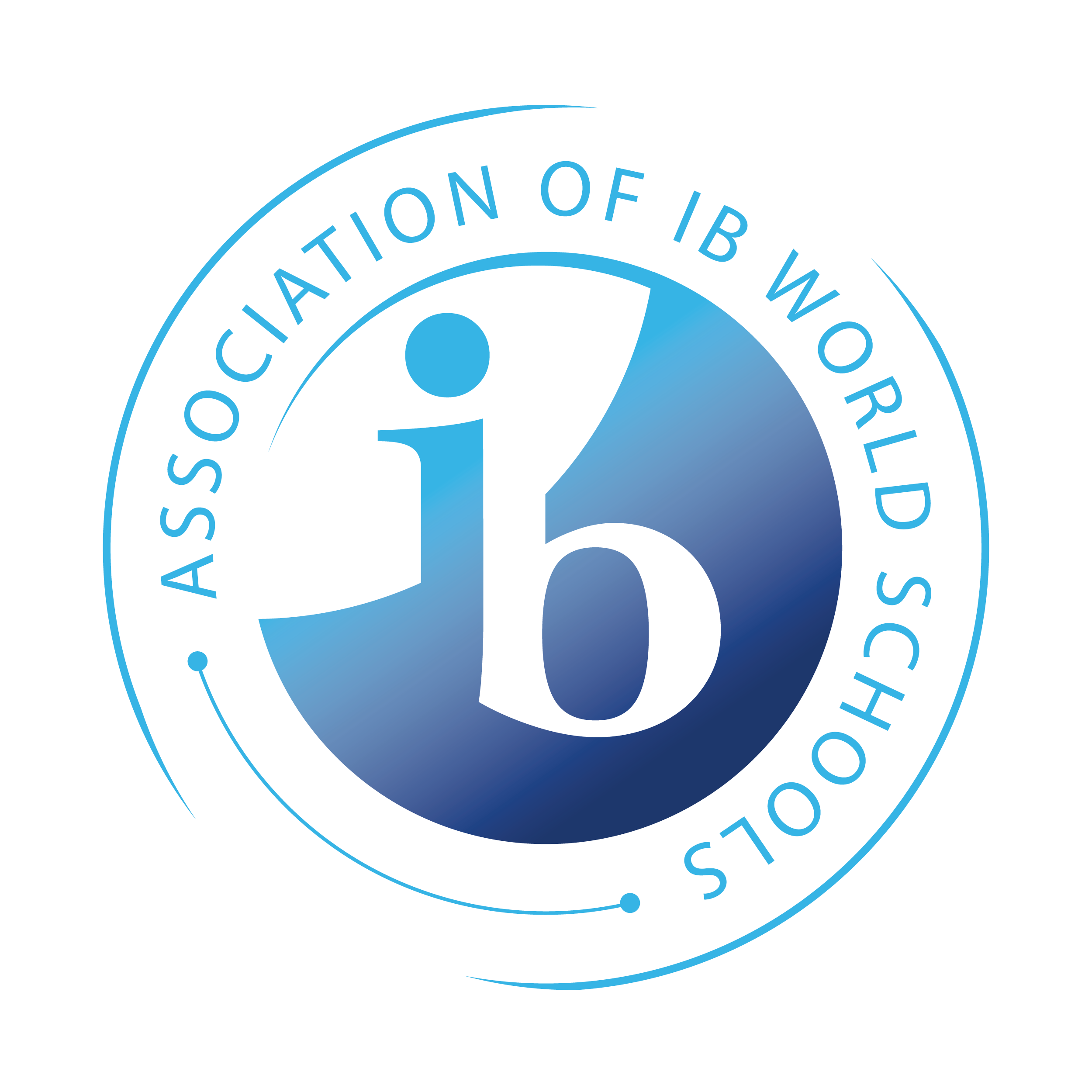Forensics, the application of scientific principles to legal matters, demands a multidisciplinary skillset. Successfully navigating the field necessitates a robust academic foundation, particularly when cultivated through the rigorous framework of the International Baccalaureate (IB) program. Strategic course selection can significantly enhance your preparedness for a career in forensics. Consider these pivotal IB courses when charting your academic trajectory.
I. The Cornerstone: IB Chemistry
Chemistry forms the bedrock of numerous forensic disciplines. Its principles are crucial for understanding trace evidence analysis, toxicology, and DNA profiling. Expect to delve into stoichiometry, chemical kinetics, and equilibrium – concepts fundamental to analyzing crime scene samples. You will grapple with organic chemistry, elucidating the composition and reactivity of substances encountered in forensic investigations. Furthermore, expect to master analytical techniques such as spectroscopy and chromatography, indispensable tools for identifying and quantifying substances found at crime scenes.
The IB Chemistry curriculum emphasizes hands-on laboratory work. This practical experience is invaluable, allowing you to develop proficiency in experimental design, data acquisition, and interpretation. Expect to conduct titrations, synthesize organic compounds, and analyze reaction kinetics. This direct engagement with chemical principles will solidify your understanding and prepare you for the analytical demands of forensic science.
II. Biology: Unraveling the Biological Evidence
IB Biology provides an indispensable foundation for forensic DNA analysis, serology, and pathology. You will explore molecular biology, unraveling the complexities of DNA structure, replication, and gene expression. Understanding genetics and inheritance patterns is crucial for DNA fingerprinting and paternity testing, both vital components of forensic investigations. The study of human physiology will equip you with the knowledge to analyze bodily fluids, tissues, and organs, aiding in the determination of cause of death and the identification of suspects. Expect to perform gel electrophoresis to separate DNA fragments.
Furthermore, the curriculum delves into the intricacies of ecology and evolution, providing context for understanding decomposition processes and the identification of biological specimens found at crime scenes. Expect practical experience analyzing genetic variation. The IB Biology internal assessment encourages independent research. This develops critical thinking and problem-solving skills essential for forensic scientists. You will learn to formulate hypotheses, design experiments, collect and analyze data, and draw evidence-based conclusions.
III. Physics: Reconstructing the Scene
While seemingly less direct than chemistry or biology, IB Physics offers critical tools for forensic investigations. Kinematics and dynamics provide the foundation for trajectory analysis, allowing investigators to reconstruct bullet paths and determine the angles of impact. The study of fluid dynamics can be applied to blood spatter analysis, revealing information about the events that transpired during a crime. Optical principles are essential for understanding microscopy and other imaging techniques used in forensic laboratories. Expect to study Newtonian mechanics and its application in crime scene reconstruction.
The IB Physics course cultivates quantitative reasoning and problem-solving skills. These skills are crucial for analyzing crime scene data and presenting findings in a clear and concise manner. Expect to perform uncertainty calculations. You will learn to apply mathematical models to real-world scenarios, developing the ability to think critically and solve complex problems. The internal assessment component provides opportunities to conduct experiments and analyze data, further strengthening your scientific skills.
IV. Mathematical Methods: Quantifying the Evidence
Mathematics, particularly statistics and probability, is fundamental to interpreting forensic evidence. IB Mathematical Methods equips you with the tools to analyze data sets, calculate probabilities, and assess the statistical significance of findings. Expect to use different types of statistical testing to evaluate the significance of evidence. Understanding probability distributions is crucial for evaluating the likelihood of different scenarios, while statistical inference allows you to draw conclusions from limited data. You will learn to apply statistical techniques to analyze DNA profiles, blood spatter patterns, and other types of forensic evidence. Expect to learn regression analysis and time series analysis. You will be able to perform chi-square tests.
The course also develops logical reasoning and problem-solving skills, essential for constructing sound arguments and presenting evidence in a persuasive manner. Expect to master linear algebra. Furthermore, the internal assessment requires you to apply mathematical concepts to a real-world problem, fostering independent research and critical thinking skills. You may consider simulating crime scene evidence and testing the significance of results.
V. Psychology: Understanding the Criminal Mind
IB Psychology provides insights into human behavior, motivations, and cognitive processes, which are invaluable for understanding criminal behavior. The course explores various psychological theories of crime, offering explanations for why individuals engage in criminal activity. Expect to use different methodologies in psychological experiments. You will also learn about cognitive biases and how they can influence eyewitness testimony and jury decision-making. Understanding the psychology of interrogation and interviewing techniques is crucial for obtaining accurate and reliable information from suspects and witnesses. Expect to learn about various psychological disorders. You will gain an understanding of how to treat these disorders and their potential impact on the perpetration of crime.
The IB Psychology curriculum emphasizes critical thinking and ethical considerations. This equips you with the skills to evaluate research findings and to conduct ethical research in forensic settings. Expect to study the different types of research bias. The internal assessment provides opportunities to design and conduct psychological experiments, further strengthening your research skills. Expect to be able to construct research questions to test hypothesis.
VI. Computer Science: Navigating the Digital Frontier
In an increasingly digital world, forensic investigations often involve analyzing digital evidence. IB Computer Science equips you with the skills to understand computer systems, networks, and data storage. The course explores cryptography, cybersecurity, and data recovery techniques, essential for investigating cybercrimes and retrieving deleted data. Understanding programming languages and data structures is crucial for developing tools to analyze digital evidence and automate forensic processes. You will learn how to recover data from various types of computer systems. You will be able to analyze network traffic.
The IB Computer Science course fosters problem-solving skills and computational thinking. This is crucial for tackling the complex challenges of digital forensics. The internal assessment allows you to develop a software solution for a real-world problem, further strengthening your programming and problem-solving abilities. Consider building a tool to automate the analysis of data. Consider implementing a secure system for data transfer.
By strategically selecting these IB courses, you can build a robust academic foundation that will prepare you for the multifaceted challenges of a career in forensics. The combination of theoretical knowledge and practical skills gained through the IB program will provide you with a competitive edge in this demanding and rewarding field.










Leave a Comment